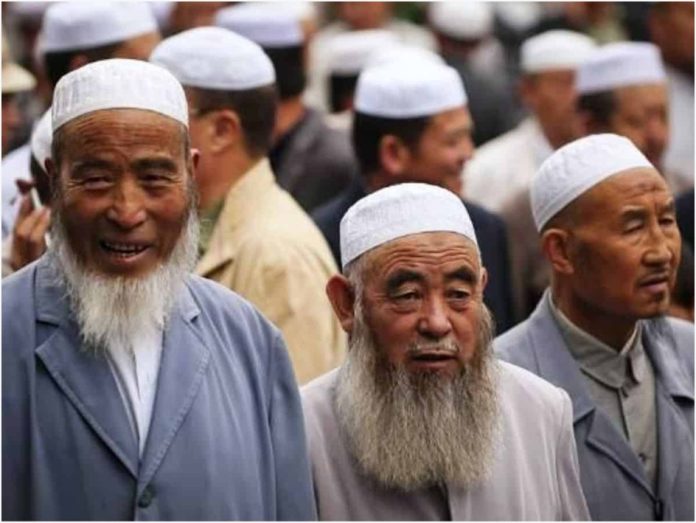3 April 2024
In Xinjiang, China, the holy month of Ramadan brings not only spiritual reflection but also intensified persecution for the Uyghur Muslim community. Reports reveal a systematic campaign by the Chinese government to suppress religious practices and cultural traditions, sparking outcry from human rights organizations and international observers.
Persecution Measures
The Chinese government has imposed draconian restrictions on fasting and religious customs during Ramadan, including ordering restaurants to remain open throughout the month and prohibiting fasting among teachers, students, and government employees. These measures, in place since 2015, aim to coerce Uyghurs into abandoning their Muslim culture, according to denunciations from the Uyghur Human Rights Project (UHRP).
Surveillance and Espionage
China’s repressive regime utilizes an extensive network of surveillance, partnering with private companies to track Uyghurs’ movements and activities. Furthermore, espionage tactics involve collaboration between Chinese police and informants known as “ears,” who monitor and enforce the fasting ban. Home searches, street patrols, and mosque inspections are employed to ensure compliance.
Impact on the Uyghur Community
The crackdown on Ramadan fasting has had a profound impact on Uyghur religious and cultural practices, leading to the imprisonment of individuals in “transformation-through-education centers,” where they endure harsh treatment and indoctrination. These measures exacerbate ethnic tensions and undermine Uyghur identity, language, and religion.
International Response
Human rights organizations and the international community have condemned China’s actions in Xinjiang, expressing concerns about mass surveillance and violations of religious freedom. Despite calls for accountability, the Chinese government justifies its policies under the guise of combating “religious extremism” and maintaining societal stability.
Renewed Attention
Renowned author Khaled Beydoun’s book “The New Crusades” sheds light on the plight of Uyghur Muslims, drawing attention to their suffering under China’s repressive regime. Beydoun highlights the denial of basic rights, including the right to observe Ramadan rites, and the inhumane treatment endured by Uyghurs in detention facilities.
Future Outlook
As Uyghur Muslims in Xinjiang face another Ramadan under harsh conditions, religious freedom and cultural heritage remain in jeopardy. The continued persecution of Ramadan fasting reflects a broader trend of discrimination based on religion and ethnicity, threatening the core identity of the Uyghur population in China.
Historical Context
Disagreements persist between Chinese authorities and Uyghur nationalists regarding the history of the Uyghur people in Xinjiang. While official Chinese accounts attribute their presence to a fusion of indigenous groups after the collapse of the Uyghur Khaganate, Uyghur historians assert a long-standing connection to the region. These differing perspectives underscore the complexity of Uyghur identity and its contested narrative within China’s borders.
The situation in Xinjiang highlights the urgent need for international attention and action to address the systematic violations of human rights faced by the Uyghur Muslim community. As Ramadan unfolds, the world watches closely, hoping for an end to the persecution and restoration of religious freedom for all.




